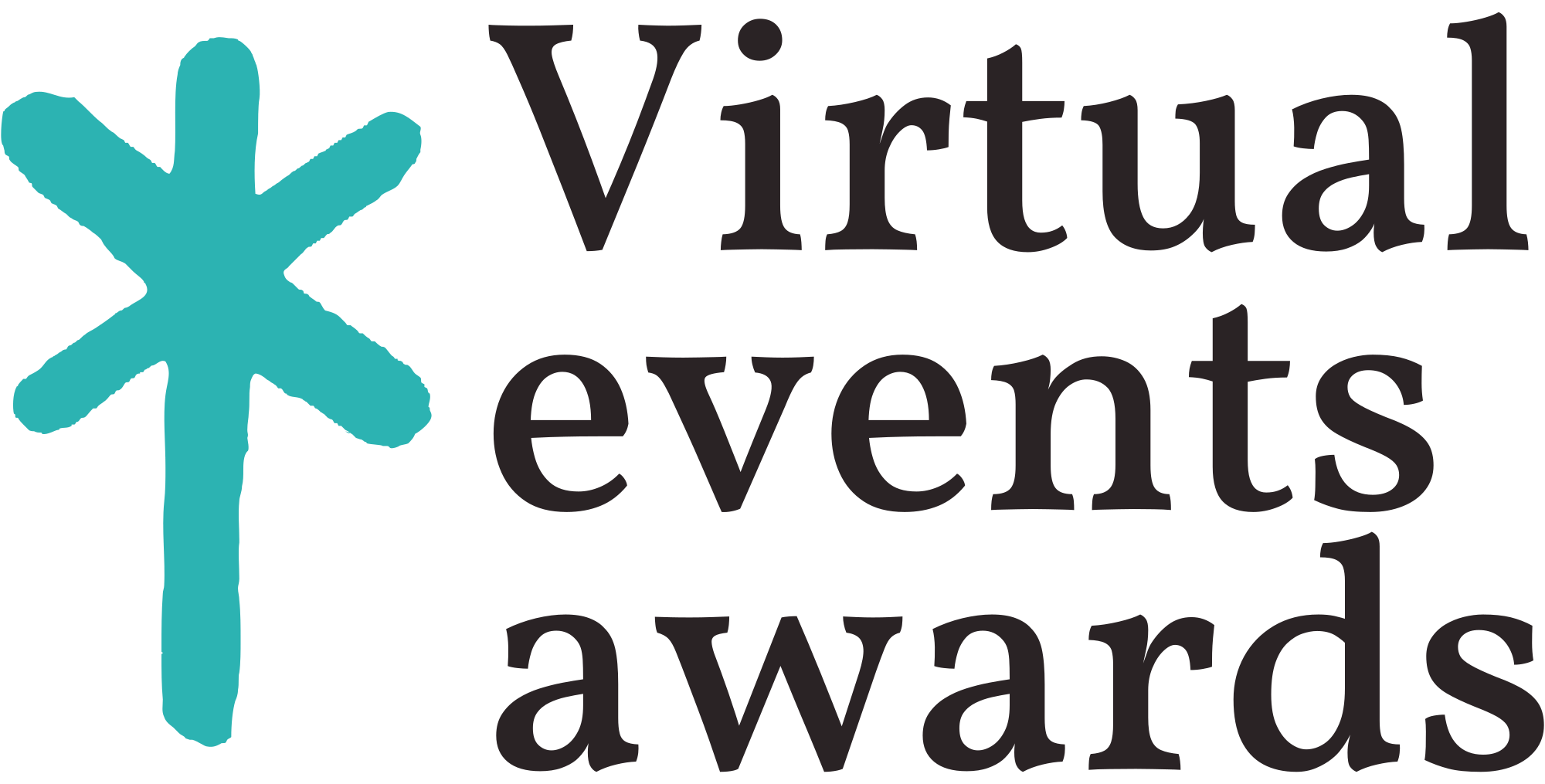Step-by-Step Event Planning Checklist
When it comes to planning for upcoming events, having a step-by-step event planning checklist is essential for ensuring that every detail is taken care of. Whether it’s a corporate conference, a wedding, or a birthday party, following a detailed checklist can help event planners stay organized and on top of all the necessary tasks.
1. Define the Event Objectives
First and foremost, it’s crucial to define the objectives of the event. Understand the purpose of the event, the target audience, and the key outcomes you want to achieve. This will guide all the subsequent planning decisions.
2. Set a Budget
Once the objectives are clear, establish a budget for the event. Determine the overall spending limit and allocate funds to different aspects such as venue, catering, decorations, and entertainment.
3. Create a Timeline
Develop a comprehensive timeline that outlines all the key milestones leading up to the event. This should include deadlines for booking the venue, sending out invitations, finalizing the menu, and confirming the audio-visual equipment.
4. Select a Suitable Venue
Choose a venue that aligns with the event’s objectives and can accommodate the expected number of attendees. Consider factors such as location, capacity, amenities, and ambiance.
5. Arrange Catering and Beverages
Decide on the menu and beverages that will be served at the event. Work with a reliable caterer to ensure that the food options align with the theme and dietary preferences of the guests.
6. Organize Event Logistics
Coordinate all the logistical details, including transportation, lodging for out-of-town guests, parking arrangements, and any necessary permits or licenses.
7. Plan the Program and Entertainment
Develop a detailed program flow for the event, including the sequence of activities, speakers, presentations, and entertainment. Ensure that the schedule allows for smooth transitions and keeps the audience engaged.
8. Promote the Event
Implement a comprehensive marketing and promotional strategy to generate awareness and drive attendance. Utilize social media, email campaigns, and traditional advertising methods to reach the target audience.
9. Manage RSVPs and Registrations
Track the responses from invited guests and manage the registration process if applicable. Keep a clear record of attendee numbers and any special requests or accommodations.
10. Finalize Event Details
In the days leading up to the event, confirm all arrangements with vendors, speakers, and participants. Conduct a final walkthrough of the venue to ensure that everything is in place.
By following this step-by-step event planning checklist, event planners can streamline the planning process and execute successful and memorable events. Each stage is vital to guarantee a seamless and enjoyable experience for all attendees.
Tips for Choosing the Perfect Venue
When it comes to planning an upcoming event, choosing the perfect venue is a crucial decision that can greatly impact the overall experience. Whether it’s a corporate conference, wedding, or social gathering, the venue sets the stage for the event’s success. To ensure that you select the ideal location for your event, consider the following tips:
1. Assess the Capacity: Before choosing a venue, it’s essential to understand the number of attendees you expect. The venue should comfortably accommodate all guests without feeling cramped or overly spacious. Consider both indoor and outdoor space options, especially if the event includes activities or break-out sessions.
2. Location, Accessibility, and Parking: The venue’s location plays a significant role in the event’s overall accessibility. Choose a venue that is convenient for the majority of attendees, with easy access to public transportation and ample parking options. Additionally, consider the surrounding area and its amenities, such as hotels and restaurants, which can enhance the overall experience for attendees.
3. Amenities and Services: Depending on the nature of the event, certain amenities and services may be vital. For example, a business conference may require audiovisual equipment, high-speed internet access, and catering services, while a wedding venue may need bridal suites, in-house catering, and event coordination services. Assess the venue’s offerings and ensure they align with the event’s needs.
4. Ambiance and Style: The venue’s ambiance and style should complement the event’s theme and objectives. Whether you’re going for a modern, industrial look or a classic, elegant setting, the venue’s aesthetics play a significant role in creating the desired atmosphere. Pay attention to the décor, lighting options, and flexibility for customization.
5. Budget Considerations: Set a clear budget for the venue, taking into account the rental fee, additional services, and any potential hidden costs. Be transparent about your budget with venue representatives and negotiate to find a package that meets your financial constraints while delivering the necessary amenities.
By carefully considering these factors, you can choose the perfect venue that aligns with your event’s goals and creates an unforgettable experience for all attendees.
Creating Memorable Experiences for Attendees
Creating memorable experiences for attendees is a crucial aspect of planning upcoming events. Whether it’s a corporate conference, a music festival, or a charity fundraiser, the success of an event often hinges on the lasting impression it leaves on the participants. To achieve this, event planners should focus on several key elements.
First and foremost, understanding the target audience is essential. By having a clear grasp of the demographics, interests, and preferences of the attendees, organizers can tailor the event to create experiences that resonate with them. This may involve incorporating interactive workshops, engaging panel discussions, or immersive activities that align with the attendees’ expectations.
Furthermore, paying attention to the details can make a significant difference. From the moment attendees arrive at the event, their overall experience should be carefully curated. This includes thoughtful event design, seamless logistics, personalized interactions, and high-quality amenities. Small touches, such as welcome gifts or surprise performances, can elevate the event and leave a lasting positive impression.
Another vital aspect is fostering meaningful connections. Creating opportunities for networking, collaboration, and relationship-building can enhance the overall experience for attendees. Facilitating discussions, social gatherings, and team-building activities can encourage interaction and leave a lasting impact beyond the event itself.
Ultimately, the goal of creating memorable experiences for event attendees is to leave them inspired, informed, and enthusiastic. By crafting an event that caters to the audience’s needs and aspirations, event planners can ensure that participants walk away with lasting memories and a positive perception of the event and its organizers.





